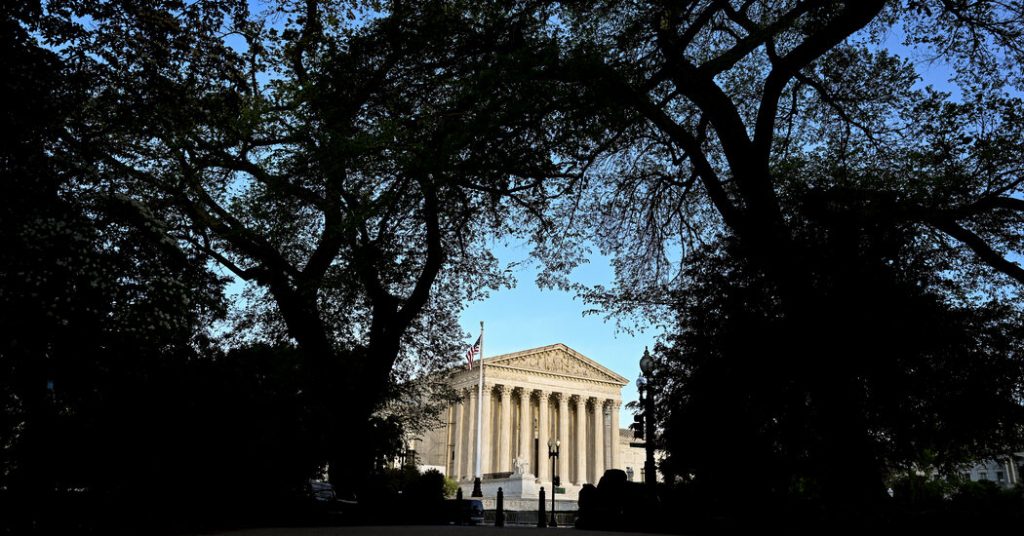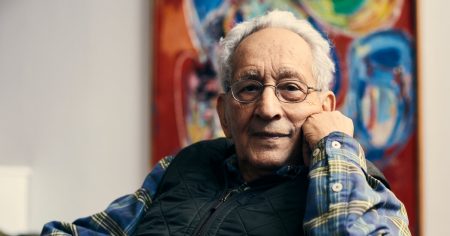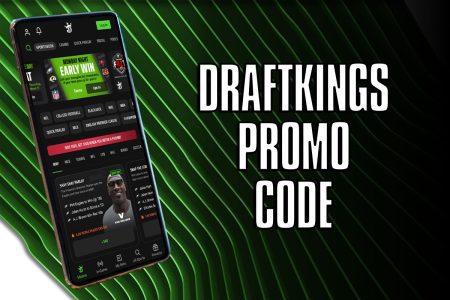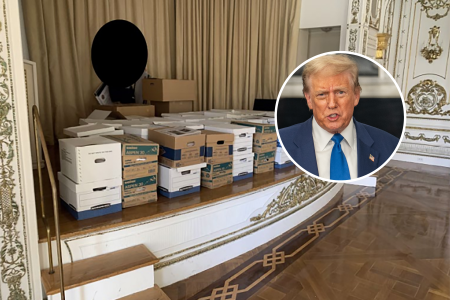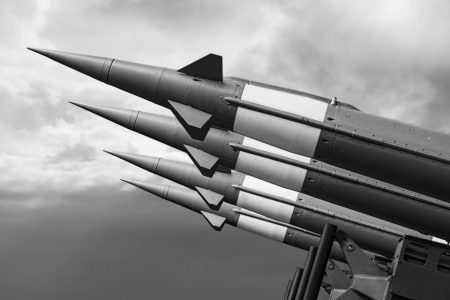The Supreme Court is set to consider whether former President Donald Trump should face trial on charges related to his alleged efforts to subvert the 2020 election. The decision will be a significant statement on the extent of presidential power and could impact the timing of any potential trial. Legal experts do not anticipate Trump winning on his broad claims of immunity, but the timing and manner of his loss could be crucial. Even if the court rules against Trump quickly, a trial may not start until the fall, during the heart of the presidential campaign.
If Trump prevails in the 2024 election, he could potentially order the Justice Department to drop the charges against him. The charges against Trump include allegations of attempting to overturn the election results, and seeking to recruit false electors and pressure officials to subvert the outcome. The case before the court is just one of several pending criminal charges against Trump, including those in a trial in Manhattan related to hush-money payments during the 2016 election. The criminal justice system may play a significant role in the upcoming election.
Trump argues that he is entitled to absolute immunity from the charges, citing separation of powers and a Supreme Court precedent recognizing such immunity in civil cases. Lower courts have rejected this claim, stating that no immunity protects him now that he is a private citizen. The Supreme Court will address the question of presidential immunity from criminal prosecution for actions taken during a president’s tenure, but may consider limited protections for former presidents. The court will also likely distinguish between official acts and private conduct.
Key precedents in the case involve President Richard Nixon, with one ruling that rejected his claims of executive privilege while in office, and another granting him immunity from damages in a civil case after he left office. The court’s decision in the Nixon case does not necessarily apply to criminal cases, as argued by Trump’s prosecutor. The court has also addressed other cases related to the January 6 Capitol attack, with a recent ruling rejecting using the 14th Amendment to bar Trump from the ballot, and a current challenge to using a federal obstruction law in prosecuting rioters.
The outcome of the Supreme Court’s decision on Trump’s immunity could have significant implications for his potential trial, including potential constraints on the charges based on obstruction laws. The trial, if it proceeds, may not start until after the election depending on the timing of the court’s ruling. The decision will shape the discussion on presidential power and legal accountability for former presidents, casting a shadow over the upcoming election. Trump’s case is just one of several legal challenges he faces, highlighting the complex interaction between the criminal justice system and presidential politics.





